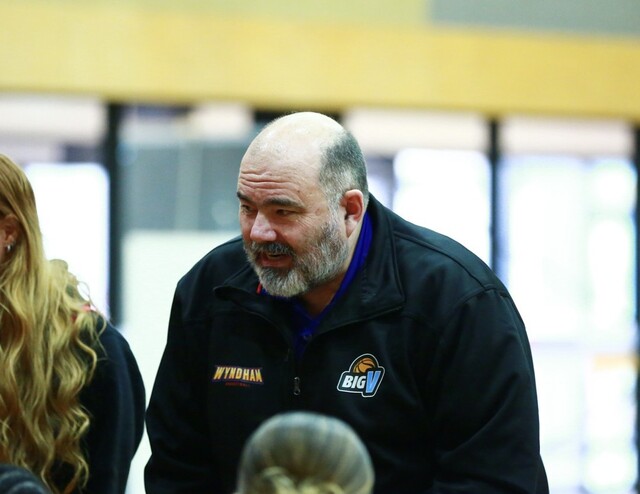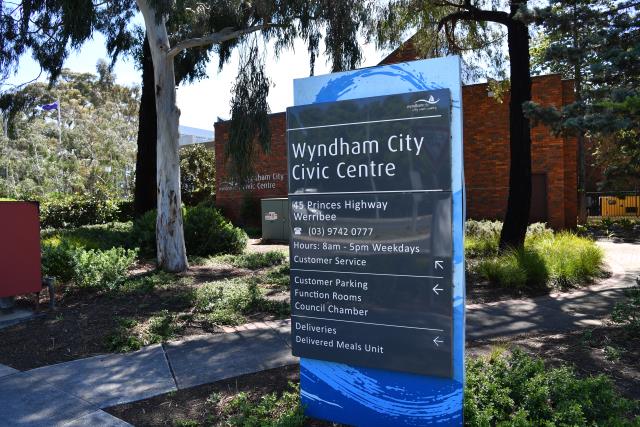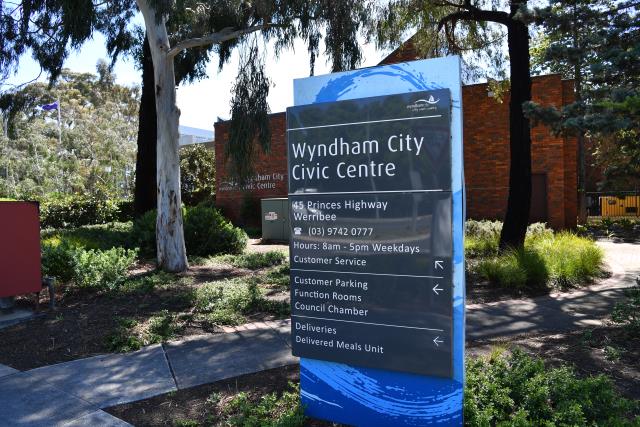As official data shows Australians are losing billions of dollars in scams, the national charity regulator is advising a simple check before donating.
Australian Charities and Not-for-profits Commissioner (ACNC) Sue Woodward says many charities are running their Christmas and festive season appeals right now and greatly deserve our support. However, she says it is important to make sure you are giving to a real charity, not to a scammer.
“Cyber-criminals are out there, trying to take advantage of our kind-heartedness and generosity, especially at this time of year. The latest official data shows Australians lost $3.1 billion to scammers last year. There were hundreds of reports of fake charity scams to Scamwatch, but we know it is likely that significantly under-represents the actual incidence,” Ms Woodward said.
“We recommend that if you get a text, email or phone call asking you for a donation to charity, don’t click that link, and don’t tell anyone your name or banking details.
“Instead, go to our Charity Register. Check the organisation is a real, registered charity, and connect with it using the information on its Register record. Donate that way rather than clicking on links or giving your details over the phone.
“There are 60,000 registered charities doing incredible work in remote communities, in regional areas, in big towns and cities. We depend on these organisations to look after people in need and, in turn, they depend on our support to keep delivering programs. When you donate to a registered charity, you can see key data such as its financial information, who is running it, how much it relies on volunteers and the kind of work it does. This provides transparency about where its funding comes from, and the way funds are used. You can be confident your donation is going to people in need, or to the particular cause you would like to support.
“Charities need our support now more than ever. They are contending with cost of living pressures and many are also responding to increased demand. At this time of year, we think of those that provide free meals, as well as those that deliver housing and mental health services, but there are many more being impacted,” she said.
The ACNC recommends these precautions:
– Don’t click on links in text messages, emails or social media posts.
– Don’t tell callers you don’t know anything about yourself or give them your banking details.
– Instead, go to the Charity Register.
– Find contact information on the Register such its website.
– Donate directly to the charity using the methods given on its website.
Visit the Charity Register: https://www.acnc.gov.au/charity/charities

















